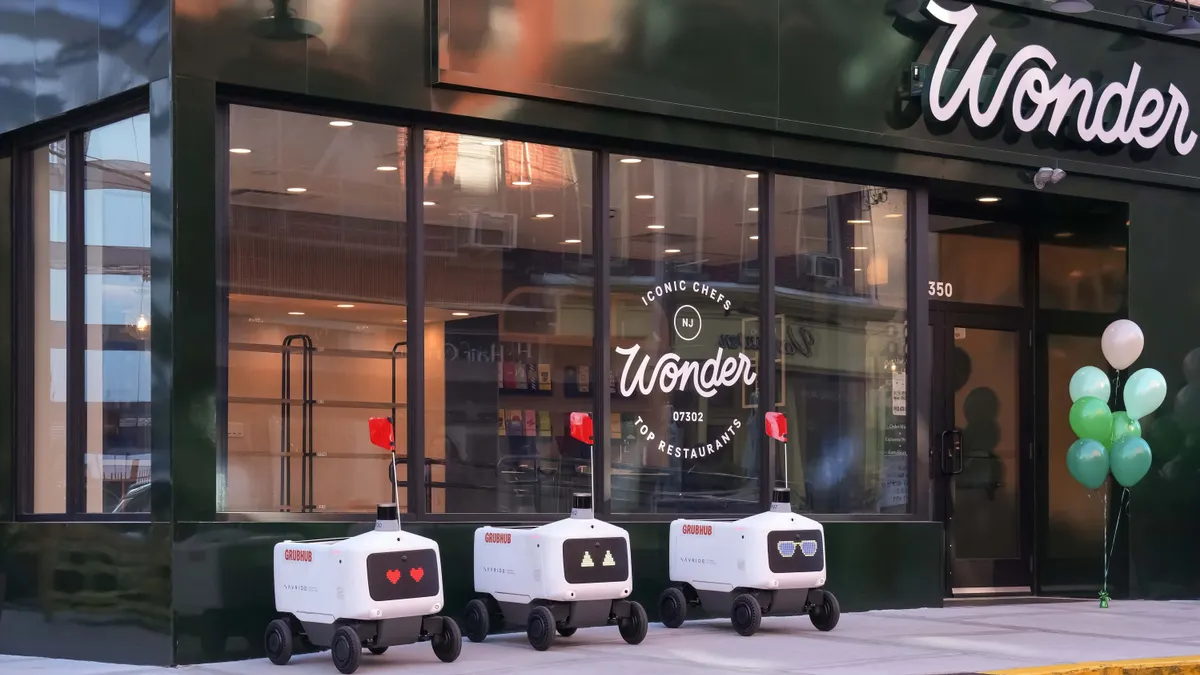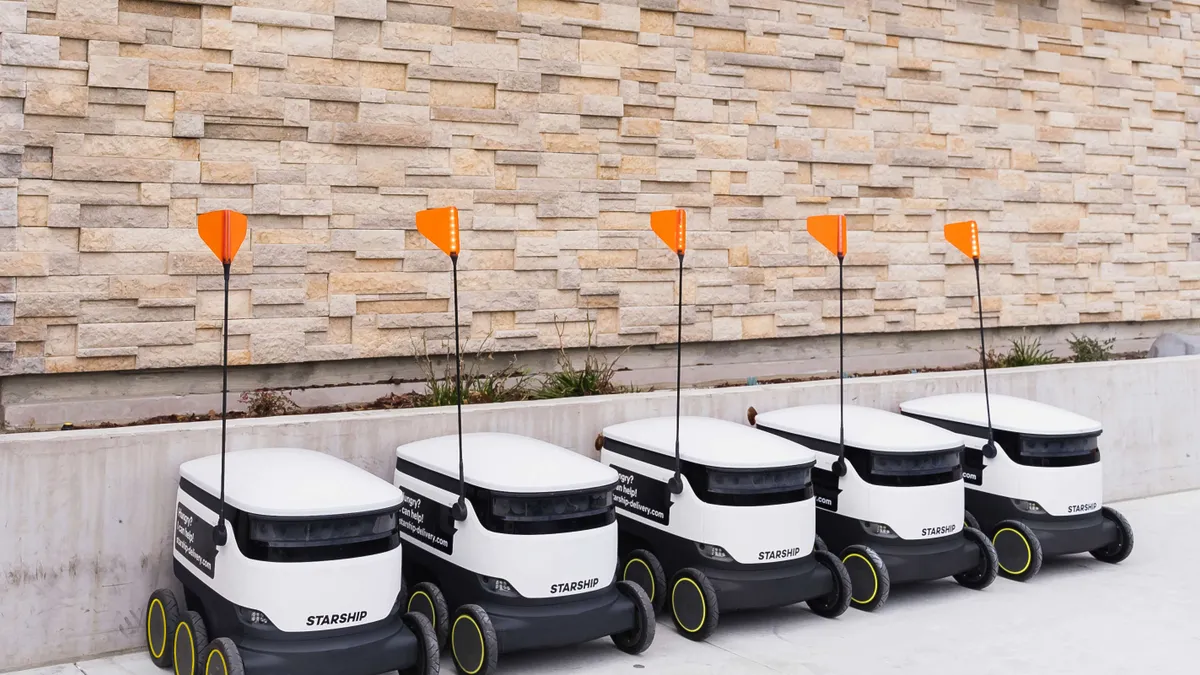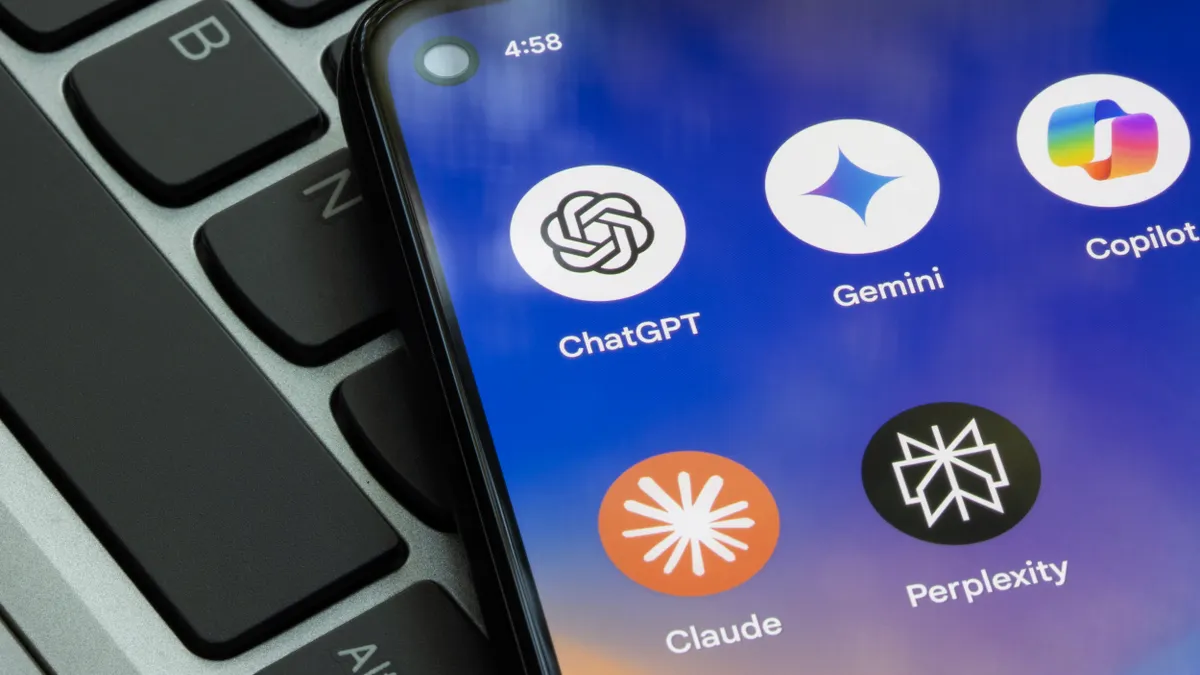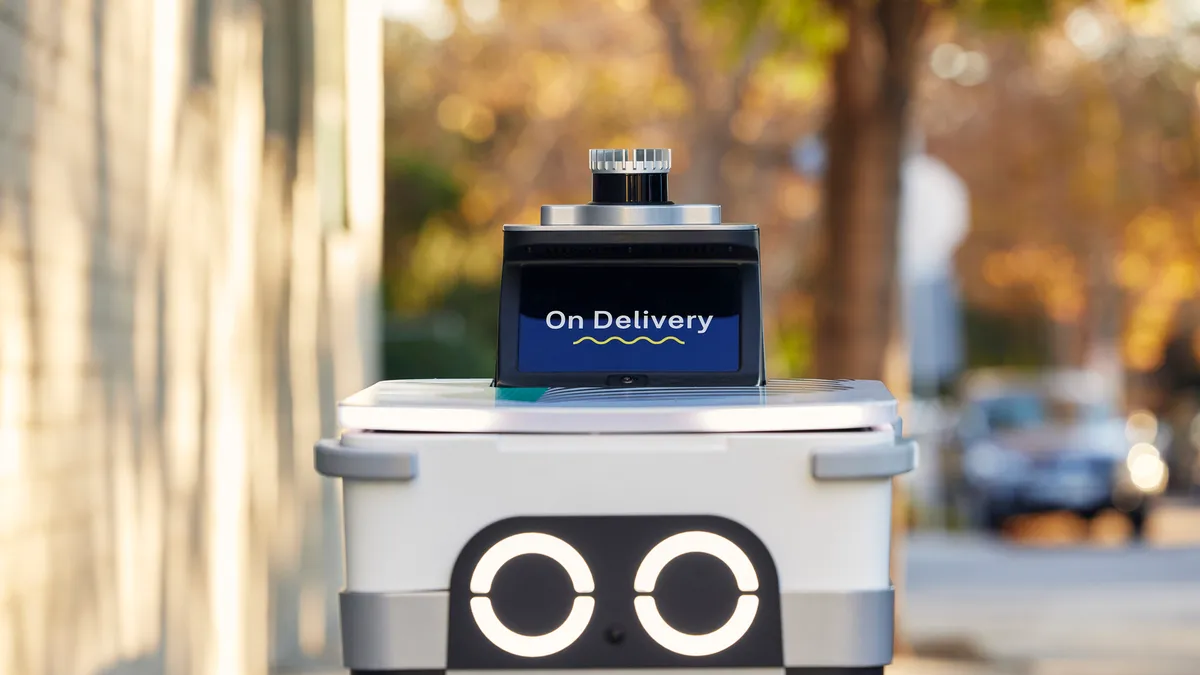Ritual, a mobile app for restaurant pickup orders, is expanding internationally into the U.K. and Australia and has plans to enter Europe as well, according to a press release. The company, which will cover over 40 North American cities, plans to triple its restaurant partnerships from 5,000 to 15,000 by the end of the year, Ritual co-founder and CEO Ray Reddy told Restaurant Dive.
Ritual’s expansion is part of a larger trend of technological adoption that has just started to ramp up in the last few years in the restaurant industry.
"The same thing is going to happen with restaurants and local businesses," Reddy said. "It's really one of the last big commerce segments that has been insulated by technology."
Reddy said Ritual's role in that implementation is to help local restaurants transform digitally. The app, which launched in 2014 in Toronto and in the U.S. in 2017, reached over a million orders in less than two years and currently processes over a million orders in less than two months.
For Reddy, the rapid expansion is coming after successful launches in 15 cities.
"At this point, [the app] is something that we believe will work in almost every city in the world," Reddy said.
The app, which targets coffee and lunch orders at local and neighborhood eateries including food trucks, is a turnkey mobile ordering technology where consumers can order takeout. Unlike other apps, it uses a social group ordering feature called Piggyback that allows officemates to create a larger order where people pay separately. This feature has reached 100,000 teams globally, according to the press release.
While Ritual focuses solely on take-out orders and not delivery, Reddy said its Piggyback feature is kind of like delivery in that one person from the office can pick up an order for multiple people instead of paying for a delivery company to do so.
"The core value of the company from day one was how do we dramatically increase convenience without increasing price," Reddy said.
This model allows for fees to be much lower than delivery companies, he said. The product itself is free for restaurants to offer to customers, and there is no per transaction fee, he said. For customers that it helps generate through its corporate programs or customer aggregation process, it will then charge restaurants a fee of 10% to 12%, he said.
"The core value of the company from day one was how do we dramatically increase convenience without increasing price."

Ray Reddy
Co-founder and CEO, Ritual
While the company will continue to embrace its original model of focusing on neighborhoods and local businesses, its expansion will allow it to work with national brands. Some of these partnerships will be rolled out this year, Reddy said.
Ritual will expand into London and Sydney. Some of the North American cities to launch in 2019 include Vancouver, Calgary, Ottawa, Montreal, and Edmonton in Canada. In the U.S., it will roll out to Portland, San Diego, Salt Lake City, Phoenix, San Antonio, Austin, New Orleans, Oklahoma City, Detroit, Cleveland, Indianapolis, Kansas City, Milwaukee, Pittsburgh, Baltimore, Charlotte, Nashville and Miami this year.
Ritual also plans to host week-long Ritual Food Festivals as cities launch nationwide. In 2018 it hosted 10 events, and the company plans to host 100 this year. These events are like Restaurant Weeks, but allow customers to sample various menu items at a special price.
Restaurant tech implementation
The same types of data and transactions that have been used by the retail world for the last decade will help restaurants better understand their customers, Reddy said. While many people think of e-commerce in terms of delivering goods and services, e-commerce is really more about a change in the way people shop, he said. Product reviews are more important than product placement, he explained, as algorithms are determining what types of products to recommend consumers.
As the restaurant industry adopts more tech, restaurant layouts have been changing, Reddy said. With restaurants processing so many more take-out orders than in years previous, many are adopting shelving for pick-up orders, he explained. In McDonald's, the first thing customers see when they walk in is their customer order instead of a menu board, he said.
"So many people aren't looking to order in store," he said. "They've already placed their order."
Outside of the physical layout changes, he said the biggest change to hit the industry in the next five years is the ability to measure data. Restaurants' point-of-sale systems really only track sales and transactions, not things like how many orders were pressed incorrectly, customer satisfaction, or retention rate — many things that retail has already embraced, he said.
One of the ways Ritual has helped restaurants is by identifying where order errors are coming from. Even though there may be only a fraction of orders coming through Ritual, it has enough of a sample size to identify if there is an order error or customer service issues and help restaurants figure out what the issue is, Reddy said.
"So many people aren't looking to order in store. They've already placed their order."

Ray Reddy
Co-founder and CEO, Ritual
"We don't just solve them for us, we solve them for a store's entire customer base and all of the orders," Reddy said. "Ultimately we see ourselves as a partner that helps restaurants run a better business through digital. And hopefully that means more restaurants succeed in the end."
Restaurants that ultimately embrace data and use it to make better and faster decisions about things like pricing and what type of cuisine to serve will succeed, he said.
"I think almost every part of what it means to open and run a restaurant will change over the next five to seven years," Reddy said.

















